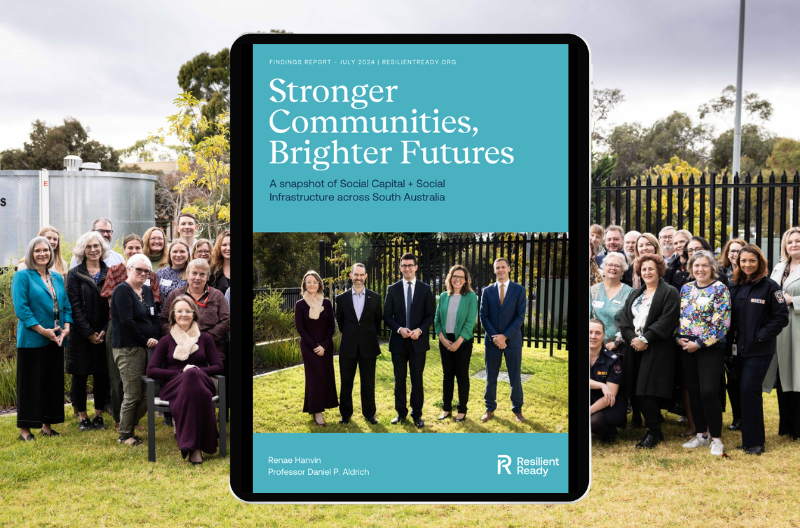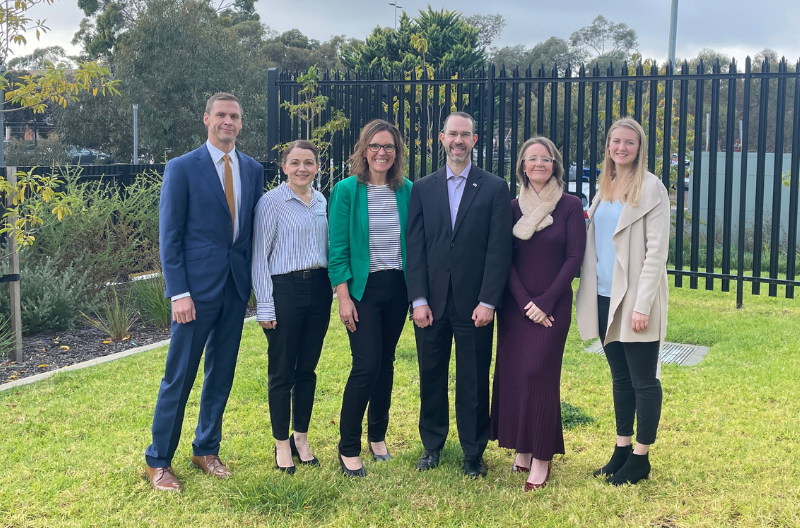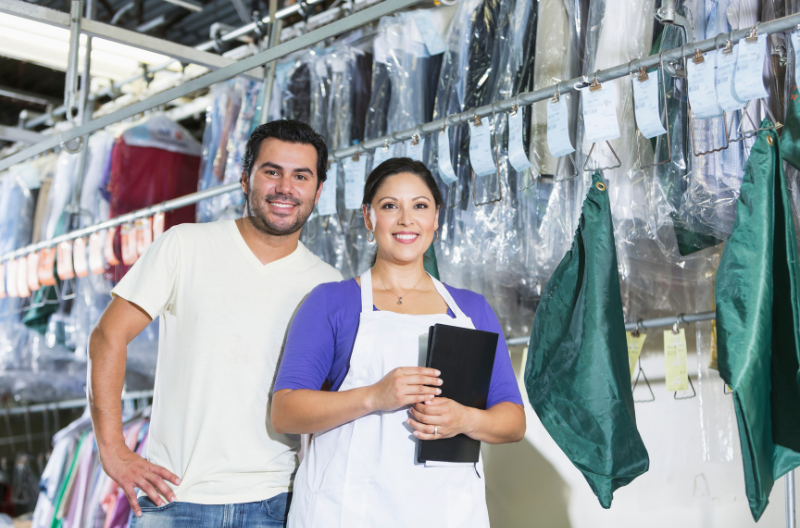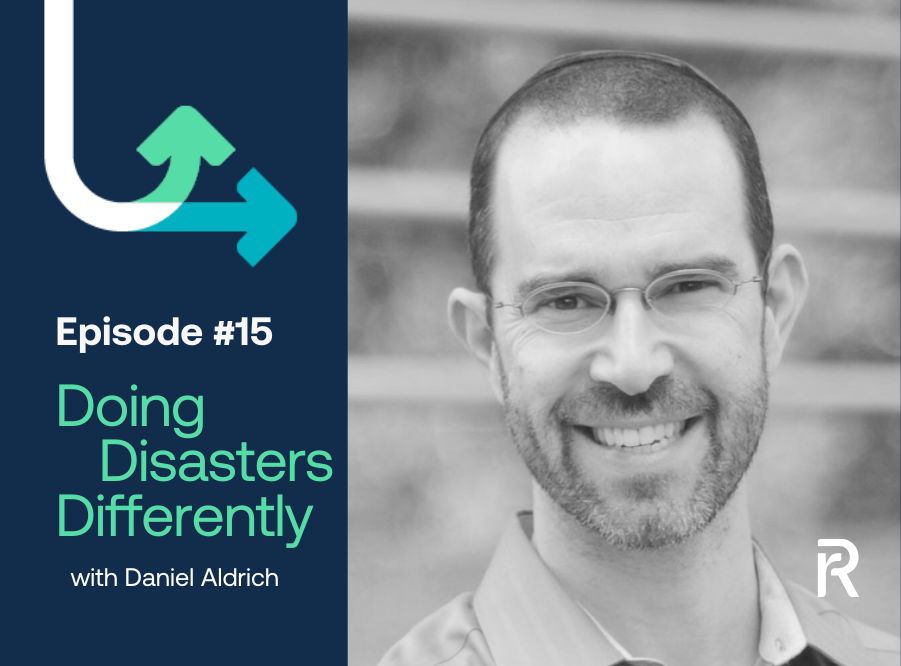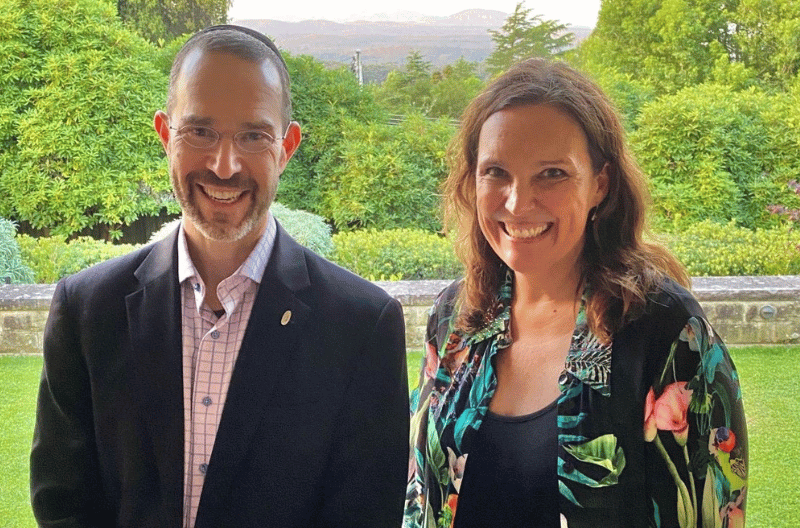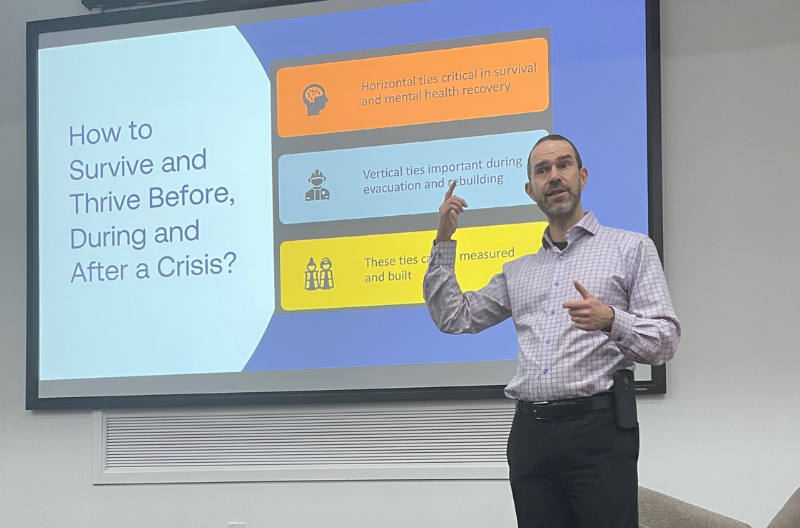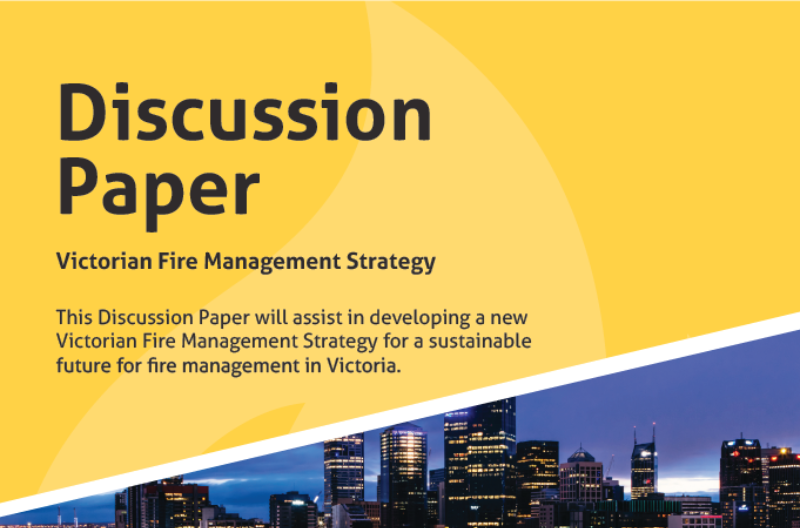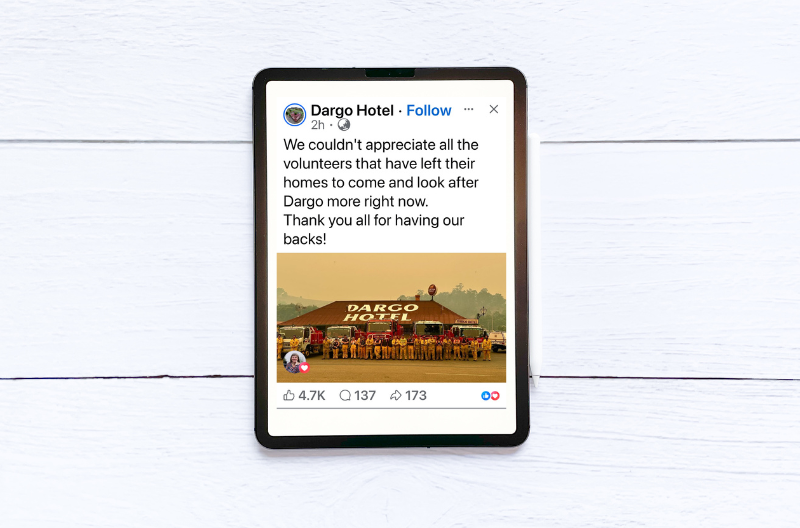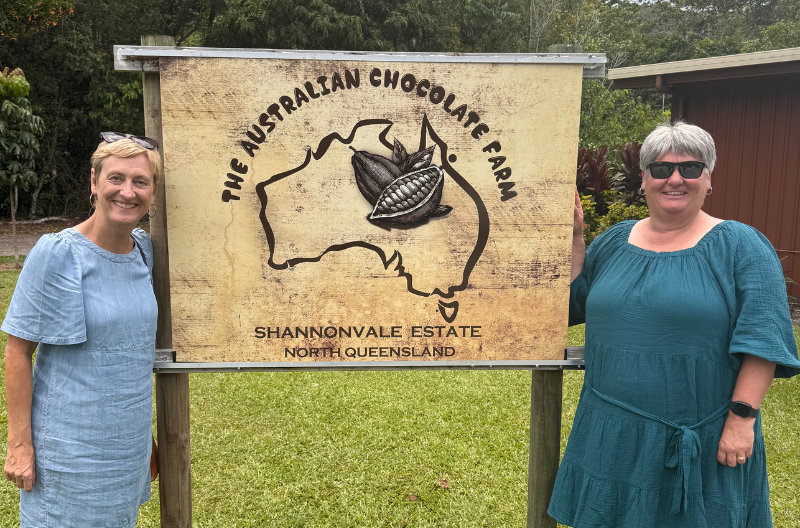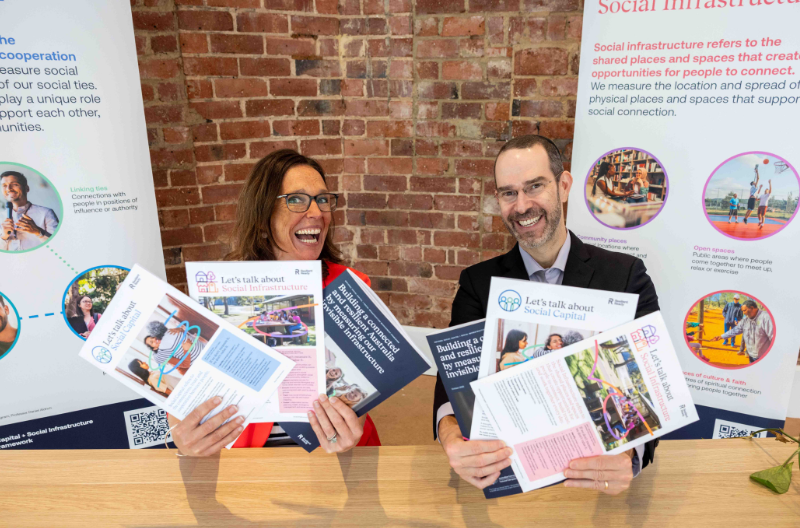A new focus on
Social Capital
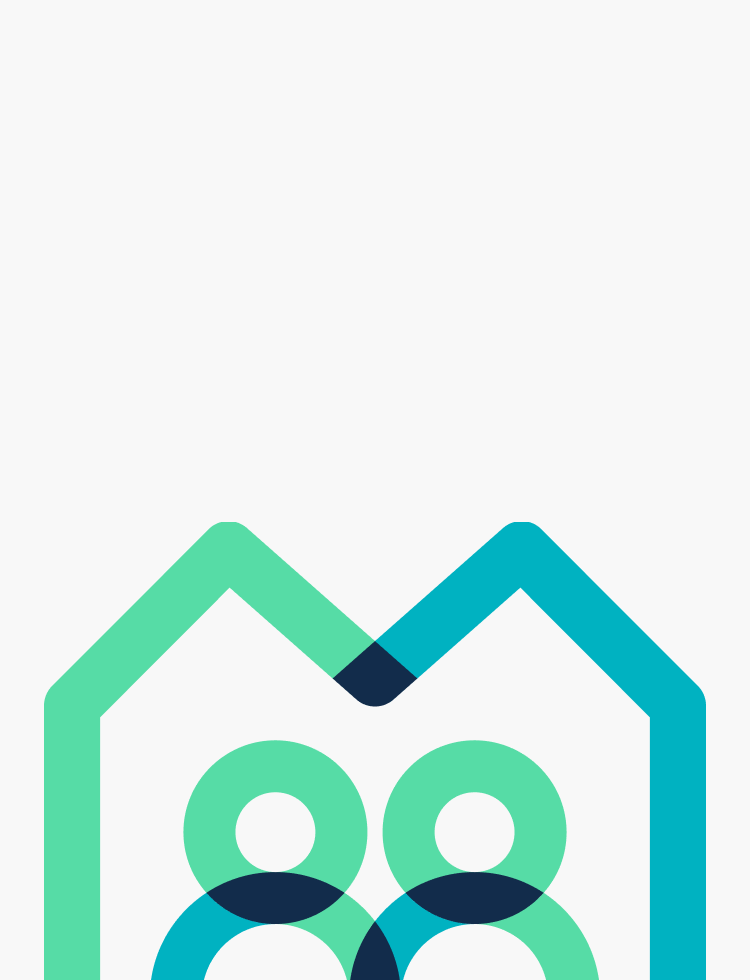

SOLUTIONS / SOCIAL CAPITAL + SOCIAL INFRASTRUCTURE
It’s time for people connections and places where people connect
See Flyer Watch our Explainer VideosPeople are the foundation to resilience.
At Resilient Ready we are passionate about building awareness, measurement and investment in social capital + social infrastructure.
- Social Capital encompasses the trust, ties and networks that bind people.
- Social Infrastructure are the places that build those connections.
Our interest is led by the role social businesses play in communities. Behind every business (including not-for-profits) are people and places to connect.
At Resilient Ready we integrate social capital and social infrastructure initiatives and benefits into all our solutions.
This includes:

DRF2 project
Creating a measurement framework
It’s the “missing piece” of the disaster resilience eco-system – measuring our social ties and places that foster connection.
We’re creating:
- Descriptors – to drive conversations
- A framework – to put focus on the benefits
- Maps – to know strengths and gaps
Read the National Social Capital + Social Infrastructure Measurement Framework and explore the world-first online mapping tool.
Watch launch event
Online Mapping Tool
Ready to measure Social Capital?
Pilot community data is now available at Australia’s social capital and social infrastructure online mapping tool.
You can see:
- Strengths of bonding, bridging and linking ties
- Density of places that foster connection
- Overlay of social infrastructure and bridging ties
Explore the world-first mapping tool.
Visit SociabliCollaborating with Professor Daniel Aldrich to benefit from global learnings
We know the more businesses are connected with each other, with their communities, and with stakeholders such as emergency services, the more effective risk reduction measures are.
Since 2019 we have collaborated with Professor Daniel Aldrich, a volunteer member of our advisory group and active delivery partner on projects.
Watch this AIDR webinar on our Award-winning Kangaroo Island Business Climate Roadmap project to find out more.
Social businesses bring multiple benefits to communities – economic opportunities, deeper social networks and hubs that drive connections and trust.

Professor Daniel Aldrich
Global expert in disaster resilience
OUR WORK
Projects, reports
and white paper findings
Behind every social business are people and places to connect
Social businesses include micro, small, medium and large operating entities that drive connections and act as places people connect.
They include not-for-profits like neighbourhood houses and community centres, and for-profits such as cafes, caravan parks and hairdressers.
Behind every social business are people. People who connect with staff, customers, suppliers and the community every day.
Social businesses play an unrecognised role in building the social and economic wellbeing within and across communities.
They are untapped assets in creating resilient and viable communities before, during and after disasters.
We are committed to highlighting the role of social businesses in resilience.
Resilient Ready is excited to collaborate with Professor Daniel Aldrich and cross-sector stakeholders to lead collaborative discussions on the role of social capital and social infrastructure in disaster resilience.
Our goal is to establish best practice for embedding a social capital and social infrastructure focus in disaster risk reduction, including through measurement and investment capabilities.
If you’d like to learn more or be part of this exciting and innovative movement, get in touch with us today.
Owning the caravan park out west on Kangaroo Island meant I was an essential connector of people running a social business that drove connections - especially during the bushfires.

Fiona Jago
Lived Experience Facilitator
Frequently asked questions
Social capital encompasses the networks, ties and trust that bind people in a community.
There are typically 3 types of social ties that connect people:
- Bonding ties – are connections between within groups that have shared similarities such as family businesses
- Bridging ties – are connections between people not like each other such as a business owner and supplier or customer
- Linking ties – are connections with people in power such as a business owner and council, government or emergency services
Learn from on social ties from Professor Daniel Aldrich’s FEMA talk.
Social infrastructure are the places that build those connections.
Social infrastructure are the places that build those connections.
Social businesses include micro, small, medium and large operating entities that drive connections and act as places people connect.
They include not-for-profits like:
- neighbourhood houses; and
- community centres
They also include for-profits such as:
- cafes
- caravan parks; and
- hairdressers
Behind every social business are people.
People who connect with staff, customers, suppliers and the community every day.
Whether you’re a corporate, small business, emergency service organisation, Council or Government Department – social capital and social infrastructure is for you!
Talk with us about what social capital and social infrastructure mean for your business, your community, your projects or your strategies.
Resources
Further reading
and listening
Ready to talk?
Connect with us to find out more about the benefits Resilient Ready can bring to your organisation.

